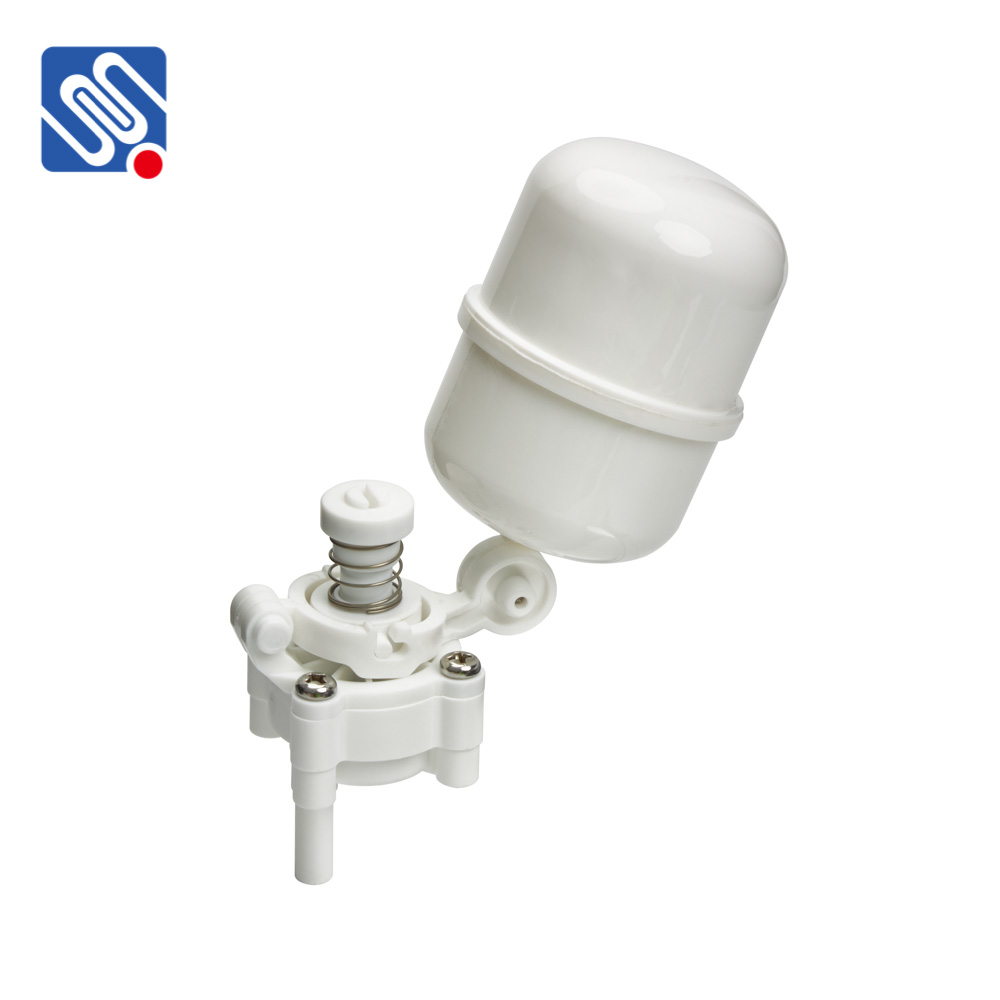In today’s modern world, water systems play a vital role in a variety of industries, from residential plumbing to large-scale irrigation projects and industrial water treatment plants. Ensuring that water is safely and efficiently transported requires the use of valves, which regulate the flow and pressure within these systems. Among the most common materials used for these valves is plastic. Plastic valves for water systems have gained popularity due to their many benefits, which include cost-effectiveness, durability, and ease of maintenance. In this article, we will explore the features, types, and advantages of plastic valves in water systems.

What are Plastic Valves for Water Systems? Plastic valves for water systems are devices used to control the flow of water through pipes. They are made from various plastic materials such as Polyvinyl Chloride (PVC), Polypropylene (PP), and Polyethylene (PE). These materials are chosen for their excellent resistance to corrosion, lightweight nature, and affordability. Plastic valves are designed for use in different water applications, including residential, commercial, and industrial systems. These valves play an essential role in regulating water flow, pressure, and direction, ensuring the smooth operation of water transport systems.